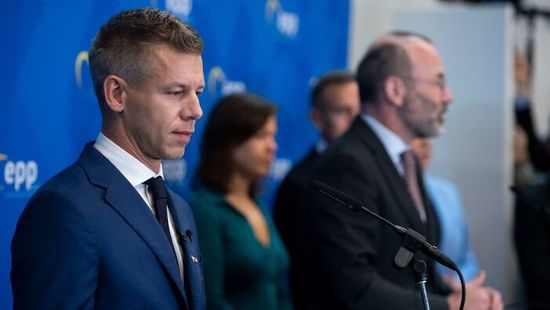Elemző: nem a Fidesz legfőbb érdeke, hogy nyilvánosságra kerüljön Magyar Péter legsötétebb titka

Az sem maradt sokáig rejtély, miért „ijedhettek meg egy ágy képétől” a baloldalon.

Assange believed that truth, creativity, love, and compassion are corrupted by institutional hierarchies, and by patronage networks that contort the human spirit.
„Assange, despite his claims to scientific journalism, emphasized to me that his mission is to expose injustice, not to provide an even-handed record of events. In an invitation to potential collaborators in 2006, he wrote, “Our primary targets are those highly oppressive regimes in China, Russia and Central Eurasia, but we also expect to be of assistance to those in the West who wish to reveal illegal or immoral behavior in their own governments and corporations«. He has argued that a »social movement« to expose secrets could »bring down many administrations that rely on concealing reality — including the US administration«.
Assange does not recognize the limits that traditional publishers do. Recently, he posted military documents that included the Social Security numbers of soldiers, and in the Bunker I asked him if WikiLeaks’ mission would have been compromised if he had redacted these small bits. He said that some leaks risked harming innocent people — »collateral damage, if you will« — but that he could not weigh the importance of every detail in every document. Perhaps the Social Security numbers would one day be important to researchers investigating wrongdoing, he said; by releasing the information he would allow judgment to occur in the open.
A year and a half ago, WikiLeaks published the results of an Army test, conducted in 2004, of electromagnetic devices designed to prevent IEDs from being triggered. The document revealed key aspects of how the devices functioned and also showed that they interfered with communication systems used by soldiers—information that an insurgent could exploit. By the time WikiLeaks published the study, the Army had begun to deploy newer technology, but some soldiers were still using the devices. I asked Assange if he would refrain from releasing information that he knew might get someone killed. He said that he had instituted a »harm-minimization policy«, whereby people named in certain documents were contacted before publication, to warn them, but that there were also instances where the members of WikiLeaks might get »blood on our hands.«”